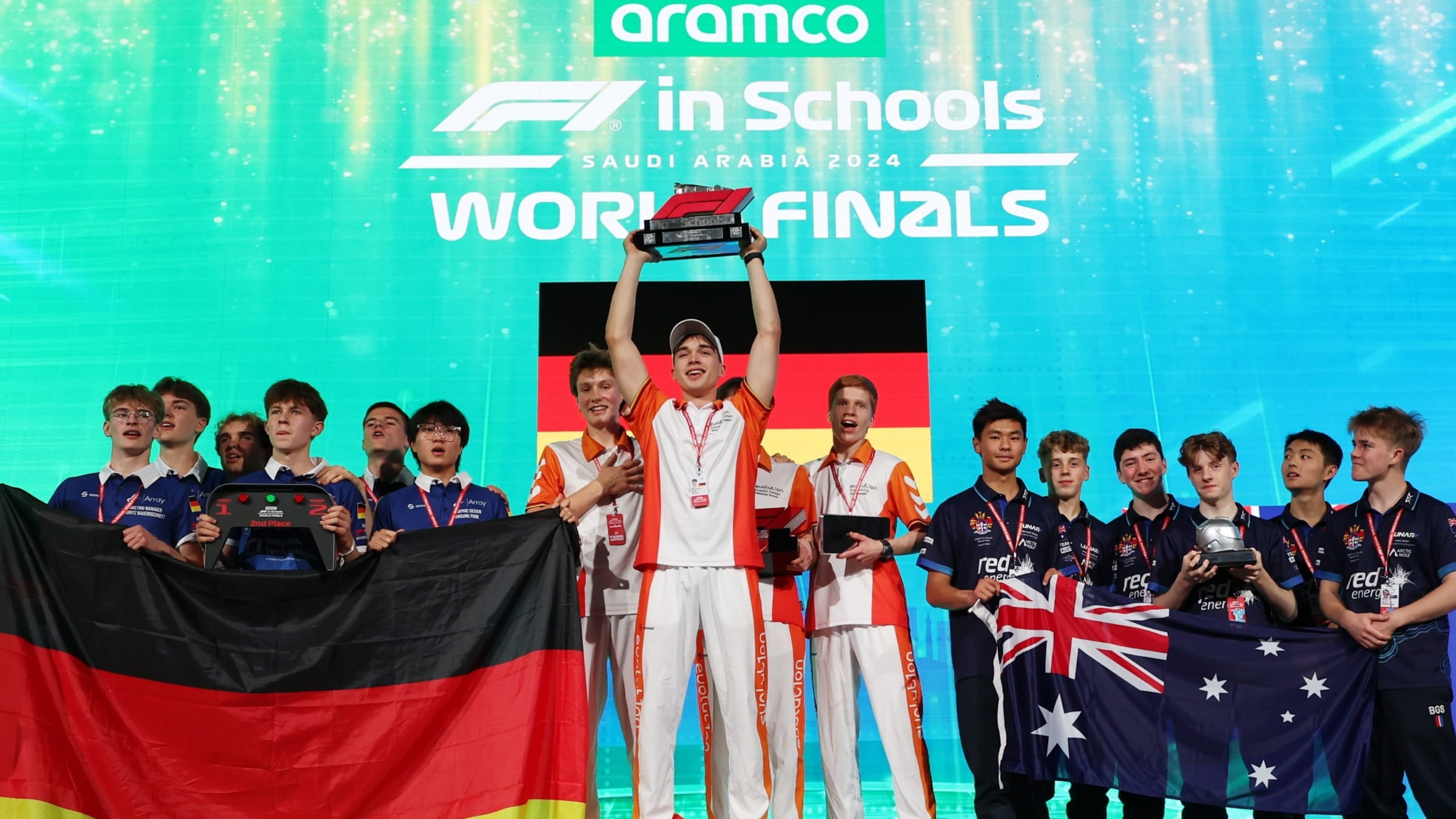Future
Advanced fuels: FIA and Aramco drive lower-carbon fuel development and research
by Samarth Kanal
5min read
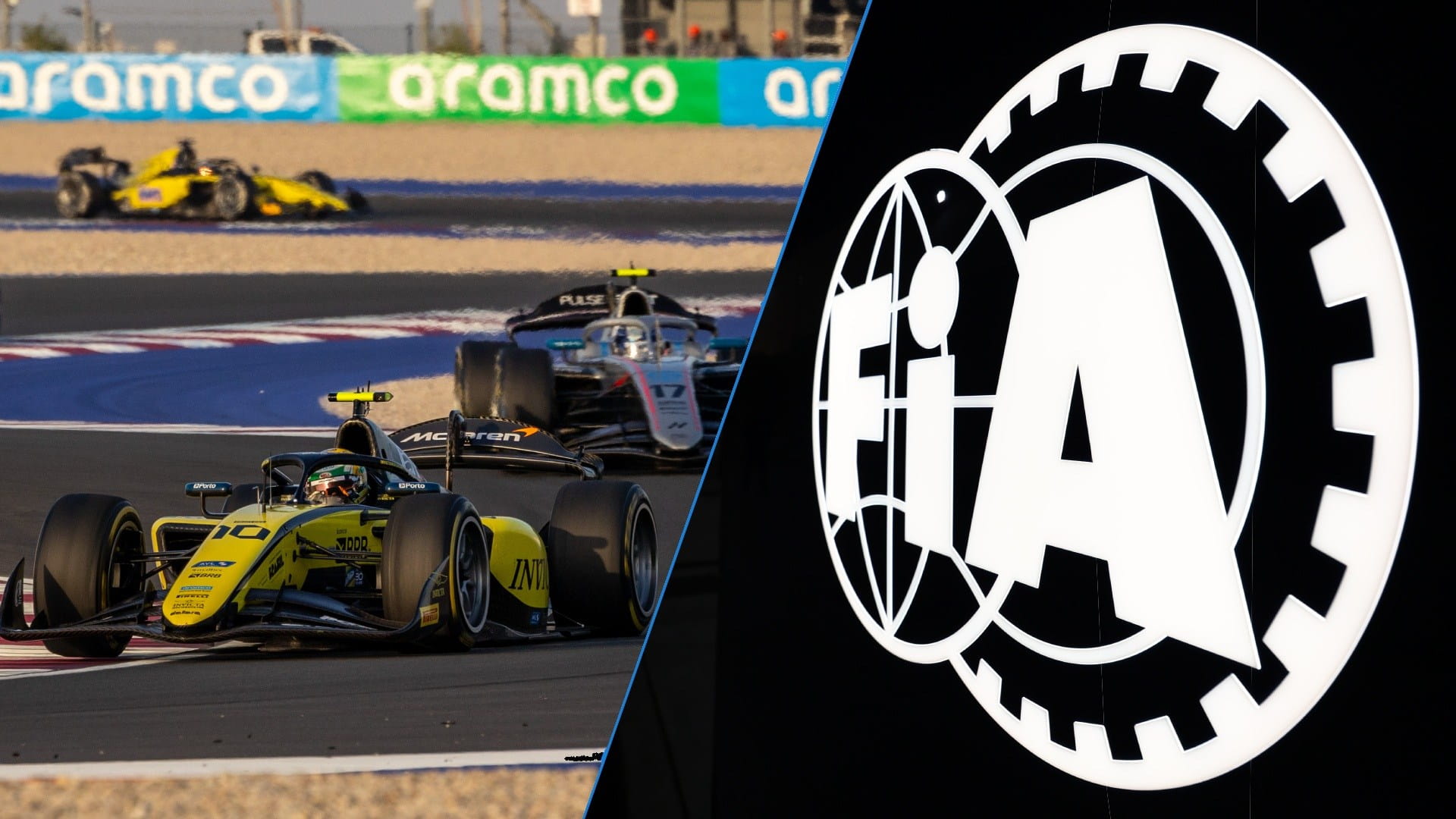
The FIA has identified the development of fully sustainable fuels as a critical area of focus for decarbonising the transport sector. To further this, the FIA is implementing a new standard for Formula 1’s sustainable fuels, which will be adopted by the world championship in 2026.
The FIA has identified the development of fully sustainable fuels as a critical area of focus for decarbonising the transport sector. To further this, the FIA is implementing a new standard for Formula 1’s sustainable fuels, which will be adopted by the world championship in 2026.
Meanwhile, Aramco has acquired a stake in Horse Powertrain Limited with an aim to build on research and development with the potential to reduce transport emissions.
The FIA, the motorsport governing body has cited the “prevalence of internal combustion engines (ICE)” for its continued focus on dedicating efforts to implementing sustainably-sourced fuels on the track.
Aramco and FIA’s Formula 2 and Formula 3 Championships have made significant progress in sustainable fuel implementation and development, having signed a supply and sponsorship agreement with the FIA in 2022. Since 2023, F2 and F3 cars have all been required to use fuel of which 55% comes from sustainable - non-fossil fuel-derived - materials.
Aramco has been working to deploy drop-in lower-carbon fuels to the transport sector as a result of its work with the premier junior single-seater categories.
Meanwhile, Aramco has acquired a stake in Horse Powertrain Limited with an aim to build on research and development with the potential to reduce transport emissions.
The FIA, the motorsport governing body has cited the “prevalence of internal combustion engines (ICE)” for its continued focus on dedicating efforts to implementing sustainably-sourced fuels on the track.
Aramco and FIA’s Formula 2 and Formula 3 Championships have made significant progress in sustainable fuel implementation and development, having signed a supply and sponsorship agreement with the FIA in 2022. Since 2023, F2 and F3 cars have all been required to use fuel of which 55% comes from sustainable - non-fossil fuel-derived - materials.
Aramco has been working to deploy drop-in lower-carbon fuels to the transport sector as a result of its work with the premier junior single-seater categories.
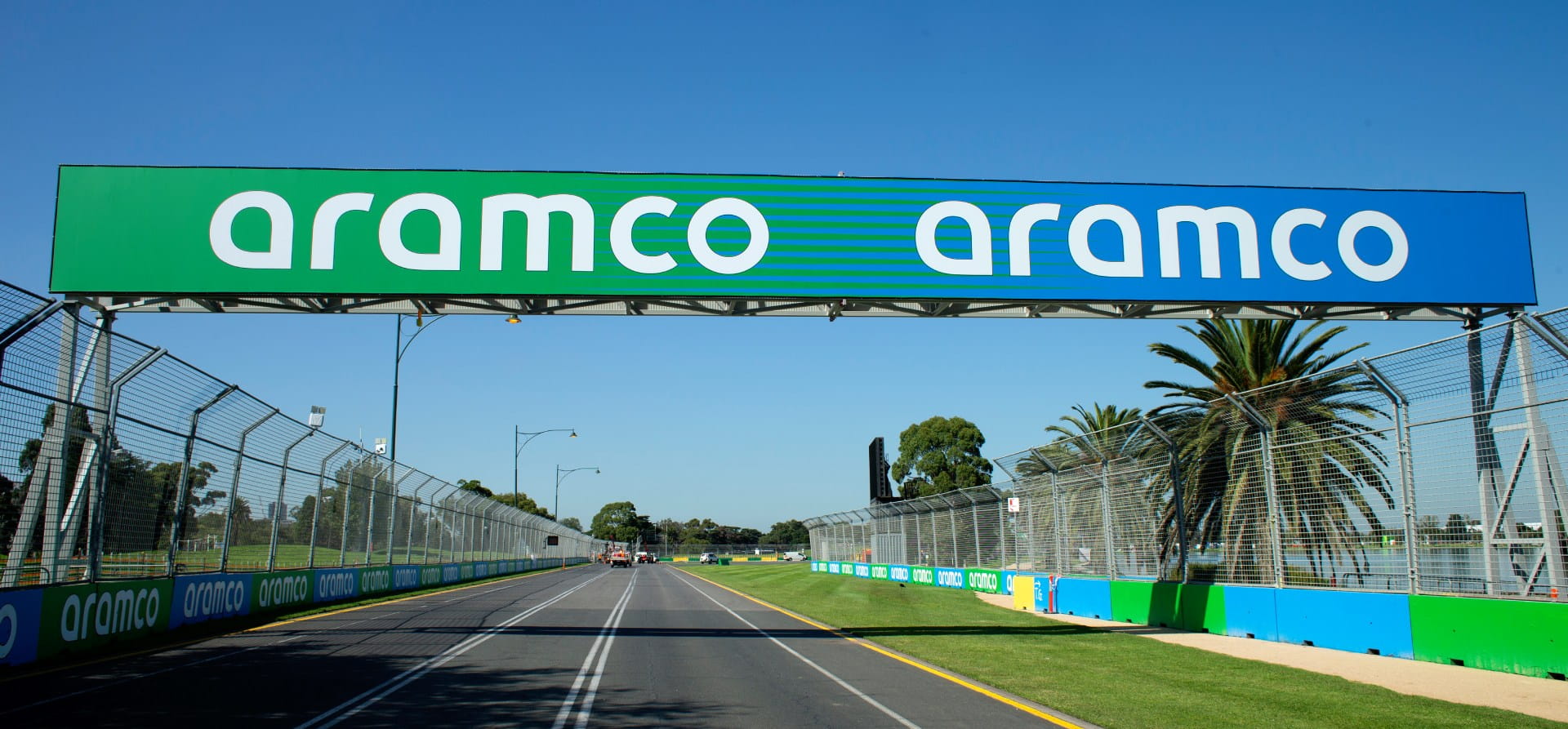
Aramco branding at the Australian Grand Prix
The FIA says that it began to deliver the first batches of 100% sustainable fuel - derived from bio-waste - to power unit manufacturers in December 2020.
Fully sustainable fuels have been mandated in FIA competitions including the FIA European Truck Racing Championship in 2021, FIA World Rally and World Endurance Championships in 2022, while 100% sustainable fuels will be required in Formula 1 from 2026.
The FIA aims to have all of its world championships use 100% sustainable fuels in the future.
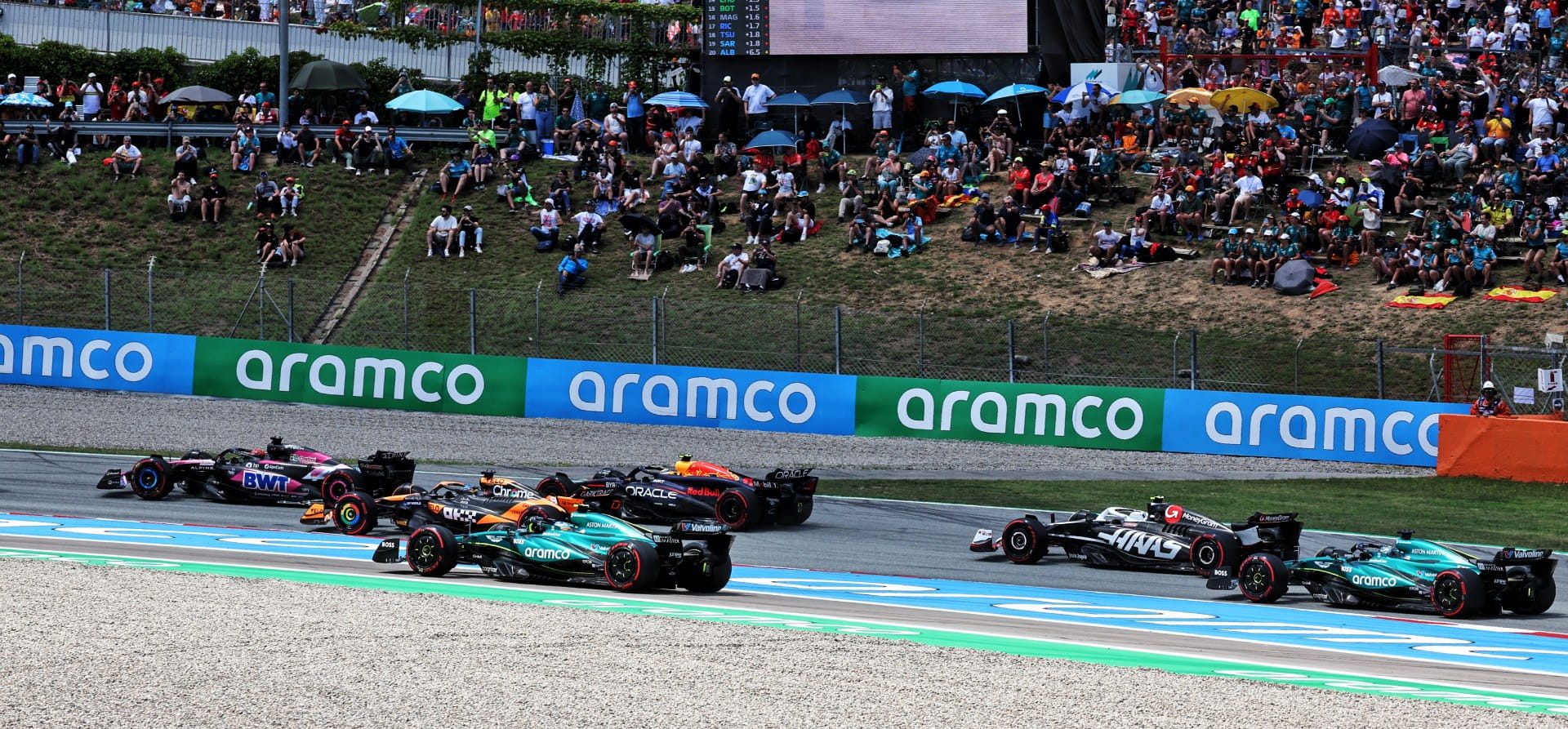
Formula 1 fuel will be required to be derived from non-food-competing sources from 2026 including biomass and waste
F1’s fuel will be required to be derived from ‘Advanced Sustainable Components’ (ASCs). That means non-food biomass, renewable feedstock of non-biological origin, or municipal waste. These regulations were drafted with a view to enable similar fuels to be used on the road, where the FIA estimates more than one billion ICE-powered cars will be able to benefit.
The FIA has collaborated with Zemo Partnership to develop the Sustainable Racing Fuel Assurance Scheme (SRFAS), which will bring third-party verification to F1’s racing fuel and ensure its components are ASCs.
The SRFAS criteria include:
- Chain of Custody: The origin and movement of ASCs will be traced to ensure compliance with FIA’s greenhouse gas emissions and feedstock sustainability disclosure standards.
- Fuel composition: Blended racing fuel will be analysed to verify the composition and traceability of ASCs.
- Emissions performance: Blended racing fuel will be verified and measured to ensure it meet the FIA’s sustainability targets.
The FIA says that through future partnerships with global fuel providers, its long-term goal is to “make these fuels accessible to the vehicle transportation market, reducing greenhouse gas emissions in the transportation sector”. By partnering with fuel providers such as Aramco, the FIA and its championships are advancing efforts to implement sustainable fuel.
FIA president Mohamed Ben Sulayem said: “Innovation and progress go hand in hand and the FIA is at the forefront as we drive towards a sustainable future.
“Alternative fuels are the next step, and today we are bringing a significant part of our sustainability vision to life with the availability of FIA-certified sustainable fuel, underpinned by an extremely robust procedure we can all be confident in. These on-track innovations continue to help grow on-road changes that impact each of us in our daily lives.”
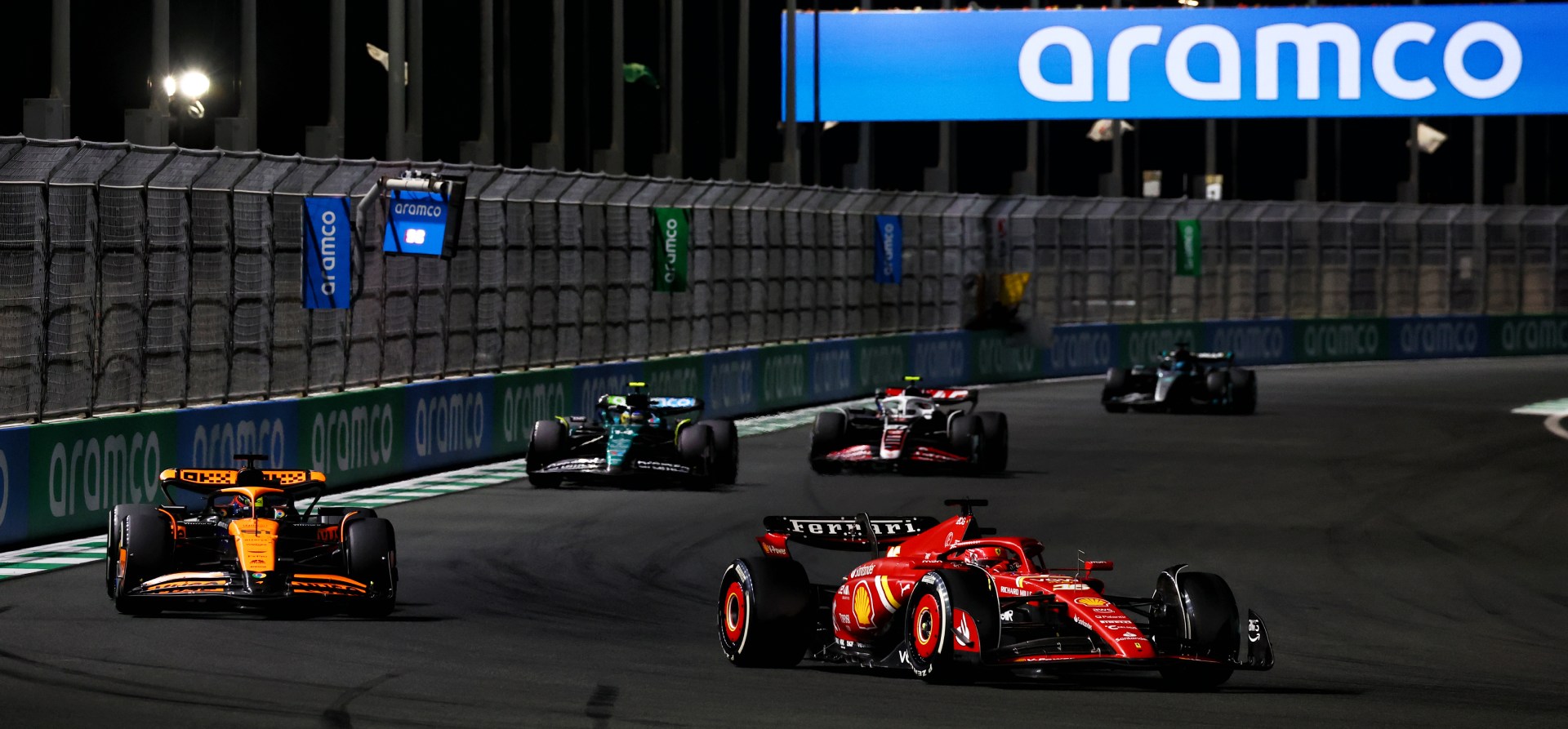
Formula 1 (pictured) plus feeder series Formula 2 and Formula 3 are moving to adopting 100% sustainable fuel
On December 2, 2024, Aramco announced its acquisition of a 10% equity stake in Horse Powertrain Limited - based on an enterprise value of €7.4 billion.
Renault Group and Geely each retain a 45% equity stake in Horse Powertrain.
The partnership builds on Aramco’s efforts to pursue research and development of lower-carbon mobility solutions, contribute to reducing transport emission reductions, and help Horse Powertrain’s vision of becoming a powertrain Tier 1 supplier - a supplier to original equipment manufacturers (OEMS) to accelerate the energy transition.
Al Khowaiter said: “Addressing transport emissions requires a wide range of approaches that consider the diverse nature of the global vehicle fleet, broad disparities in transport infrastructures, and the specific needs of motorists in different countries.
“At Aramco, we are pursuing a number of potential innovative solutions, from lower-carbon fuels to more efficient internal combustion engines, as we look for opportunities to make a difference. Our investment in Horse Powertrain builds on our considerable R&D in this field. In joining forces with two of the world’s leading carmakers, we aim to leverage our collective knowhow to take lower-emission mobility solutions forward.”
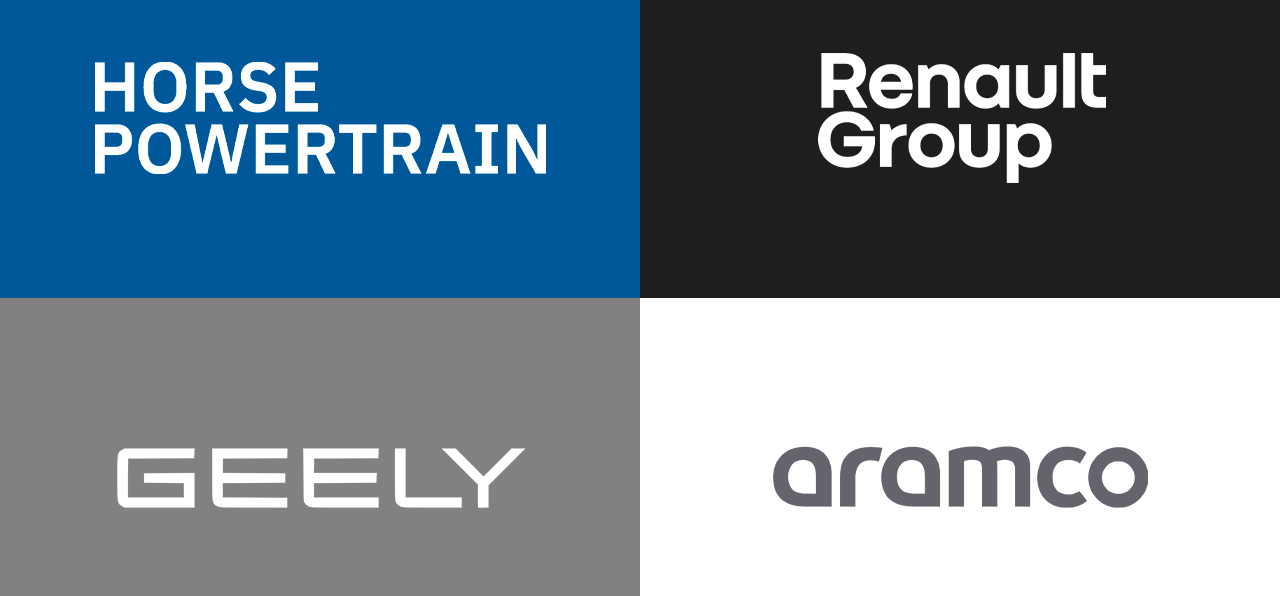
Aramco completed the acquisition of a 10% stake in Horse Powertrain
Aramco’s investment is expected to catalyse Horse Powertrain’s development of next-generation ICE and hybrid powertrains along with adjacent technology such as alternative fuel and hydrogen solution.
Valvoline Global Operations will also collaborate with Horse Powertrain on innovations in ICE technology, fuels, and lubricants.
Jamal Muashsher, chief executive officer of Valvoline Global Operations, said: “As a technical partner and supplier to Horse Powertrain, we look forward to applying Valvoline Global’s 150-plus years of automotive expertise and tradition of innovation to advance future-ready solutions in internal combustion engine technology, fuels, and lubricants.
“Our newest joint effort with Horse Powertrain and Aramco builds on Valvoline Global’s strong history in original equipment manufacturer partnerships. Through collaboration, we are helping to shape the next generation of mobility.”
Matias Giannini, chief executive officer of Horse Powertrain, added: “We are delighted that Aramco has closed its investment in Horse Powertrain. Aramco’s expertise in alternative and advanced fuels makes Aramco the ideal partner for us to deliver lower-emission powertrain solutions.
“By strengthening our technology leadership with this partnership, Horse Powertrain will only become more valuable as a partner to automotive brands looking to benefit from our expertise and global production footprint.”
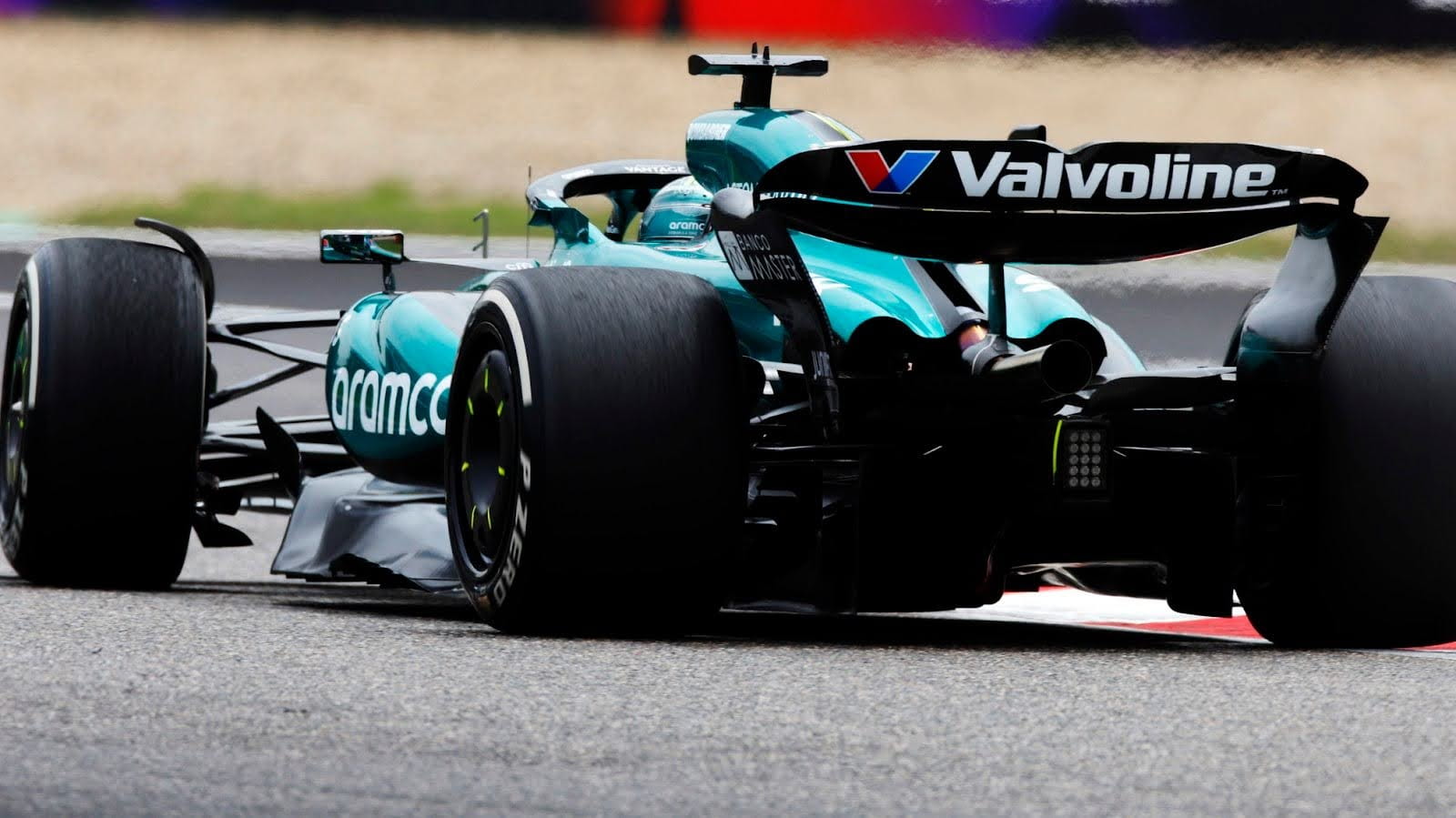
/image-(2).jpg?cx=0.5&cy=0.5)
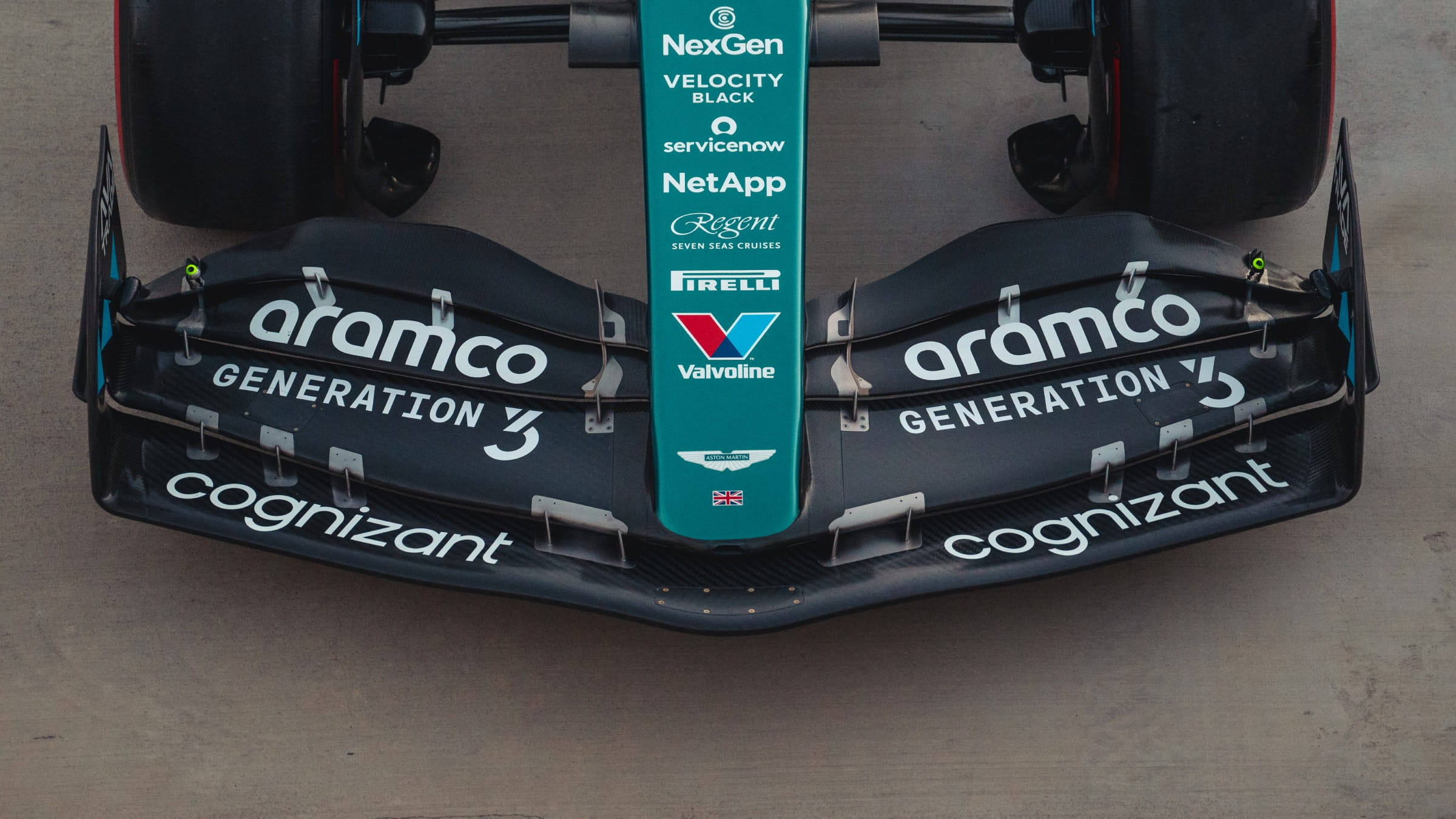

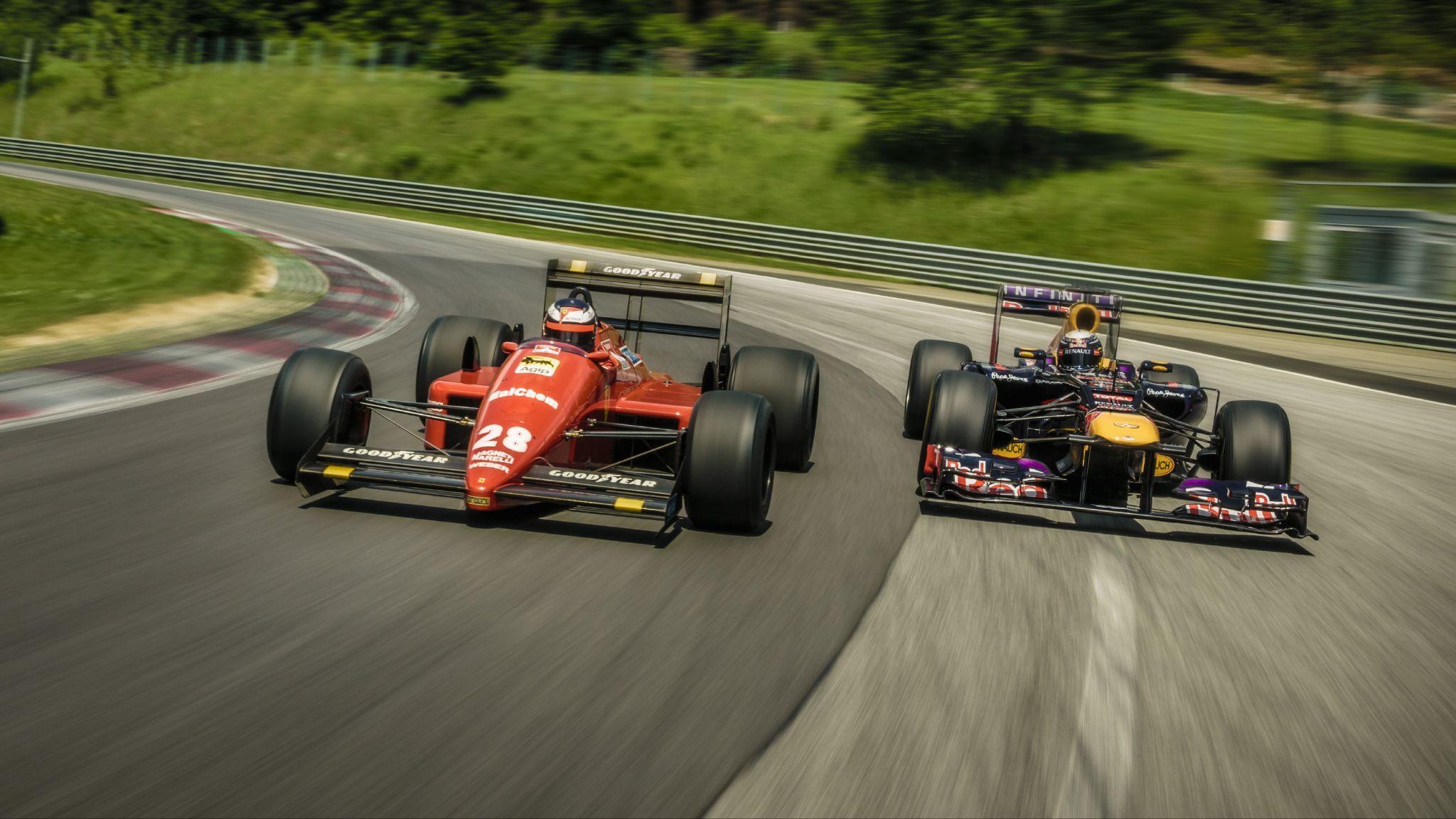
/xpb_1314694_hires.jpg?cx=0.48&cy=0.64)
